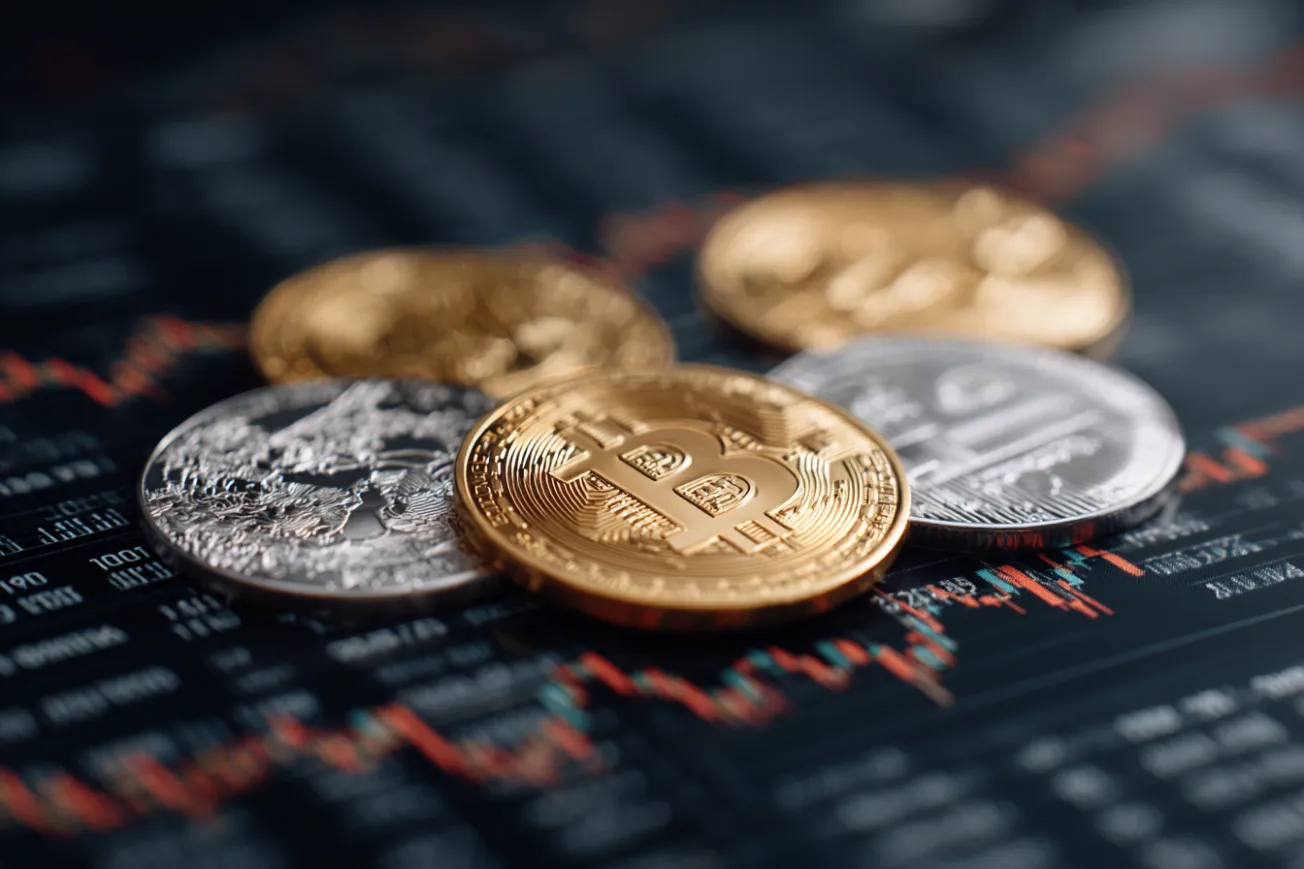Table of Contents
South Korea is planning to strengthen its regulations on cross-border crypto transactions to combat foreign exchange crimes.
Speaking at a recent G20 meeting, Finance Minister Choi Sang-mok announced plans that require companies handling international stablecoin and cryptocurrency transactions to pre-register with authorities and report monthly transaction data to the Bank of Korea.
Choi said this data will be shared with South Korean tax, customs, financial, and international regulatory bodies to detect illegal activities like arbitrage and money laundering.
The Korea Customs Service estimates that nearly 88% of foreign exchange crimes, totaling around KRW 1.65 trillion ($1.2 billion) involve cryptocurrencies.
Adjusting to these requirements, the government will amend the Foreign Exchange Transactions Act, which will define "virtual assets" and "virtual asset business operators" as a separate category by mid-2025.
South Korea's new reporting and monitoring system will launch in the second half of next year.
Last month, South Korea's financial watchdog, the Financial Supervisory Service (FSS), initiated a comprehensive inspection of cryptocurrency exchanges to ensure compliance with stricter regulations introduced in July.
The FSS aimed to identify suspicious transactions and verify that exchanges are adhering to rules designed to protect virtual asset investors and maintain proper transaction records.
The regulator stated that it will "establish market order through stern punishment against illegal activities" and is prepared to revise regulations as needed.
Earlier this month, cryptocurrency was declared as a legally divisible asset in divorce proceedings. South Korean law firm IPG Legal clarified the law, stating that both tangible and intangible assets, including crypto, can be divided during a divorce.
Citing Article 839-2 of the Korean Civil Act, IPG Legal explained, “Either spouse may request a division of marital assets accumulated during the marriage upon the divorce in Korea.”












